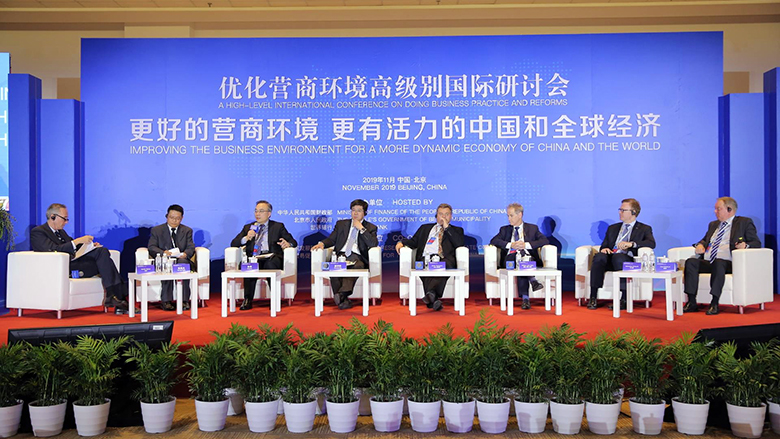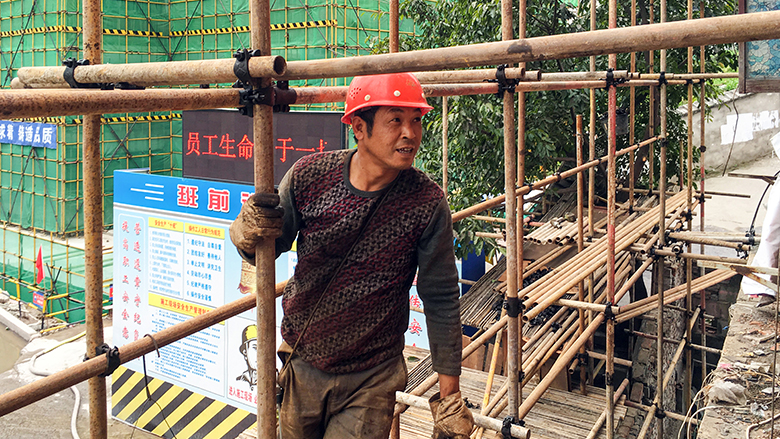Challenge
Since the introduction of the Doing Business ranking in 2003, China’s business environment, based on the results for Beijing and Shanghai, lagged behind its global and regional peers. In Doing Business 2018, China ranked only 78th (out of 190) in the world. China’s rankings in dealing with construction permits, paying taxes and protecting minority investors were among the lowest in the world (172, 130 and 119 respectively). The weak business environment was dampening China’s otherwise strong economic performance over the past two decades.
Approach
The World Bank has provided critical assistance to China over the past two years to improve the business environment through a series of analytical reports focused on the reforms needed for selected Doing Business indicators. The assistance included analytical work; knowledge-sharing through workshops, conferences, and study tours; and just-in-time advice on international good practices in Doing Business and other business environment reforms. It was funded from the Bank’s budget and Reimbursable Advisory Services (RAS). The World Bank’s advisory work on Doing Business reforms is strictly separate from the data collection and rating effort reflected in the annual Doing Business rankings.
Analytical work: The World Bank’s “Doing Business Reform Memorandum” finalized in February 2018 provided the foundation for China’s Doing Business reforms. Most of the report’s recommendations were implemented during the following two years. The World Bank also initiated pioneering RAS-financed agreements with China’s Ministry of Finance and the authorities in Beijing and Shanghai to fund analytical work on getting credit, insolvency, dealing with construction permits, registering property, getting electricity, trading across borders and starting a business.
Knowledge-sharing: The World Bank and Chinese authorities co-organized three high-level international conferences focused on Doing Business reforms and international good practices. High-level policymakers from Russia, India, Malaysia, Singapore, Japan, the Republic of Korea, and China participated. The Bank team also conducted multiple practitioners’ workshops on Doing Business at the central, provincial and city levels; organized study tours by Chinese practitioners to Singapore and Russia to learn about good practices, and two high-level Chinese delegation visited Washington, D.C. to discuss Doing Business reforms. Finally, the Bank team disseminated best practices on Doing Business reforms through intensive media engagements, participation in conferences, and bilateral meetings in many cities in China.
Just-in-time advice: The World Bank has established a strong relationship with the leadership of the Ministry of Finance and Beijing and Shanghai municipalities and provided just-in-time support and advice on the Doing Business methodology, China specific recommendations, and international good practices in the design and implementation of Doing Business reforms.

